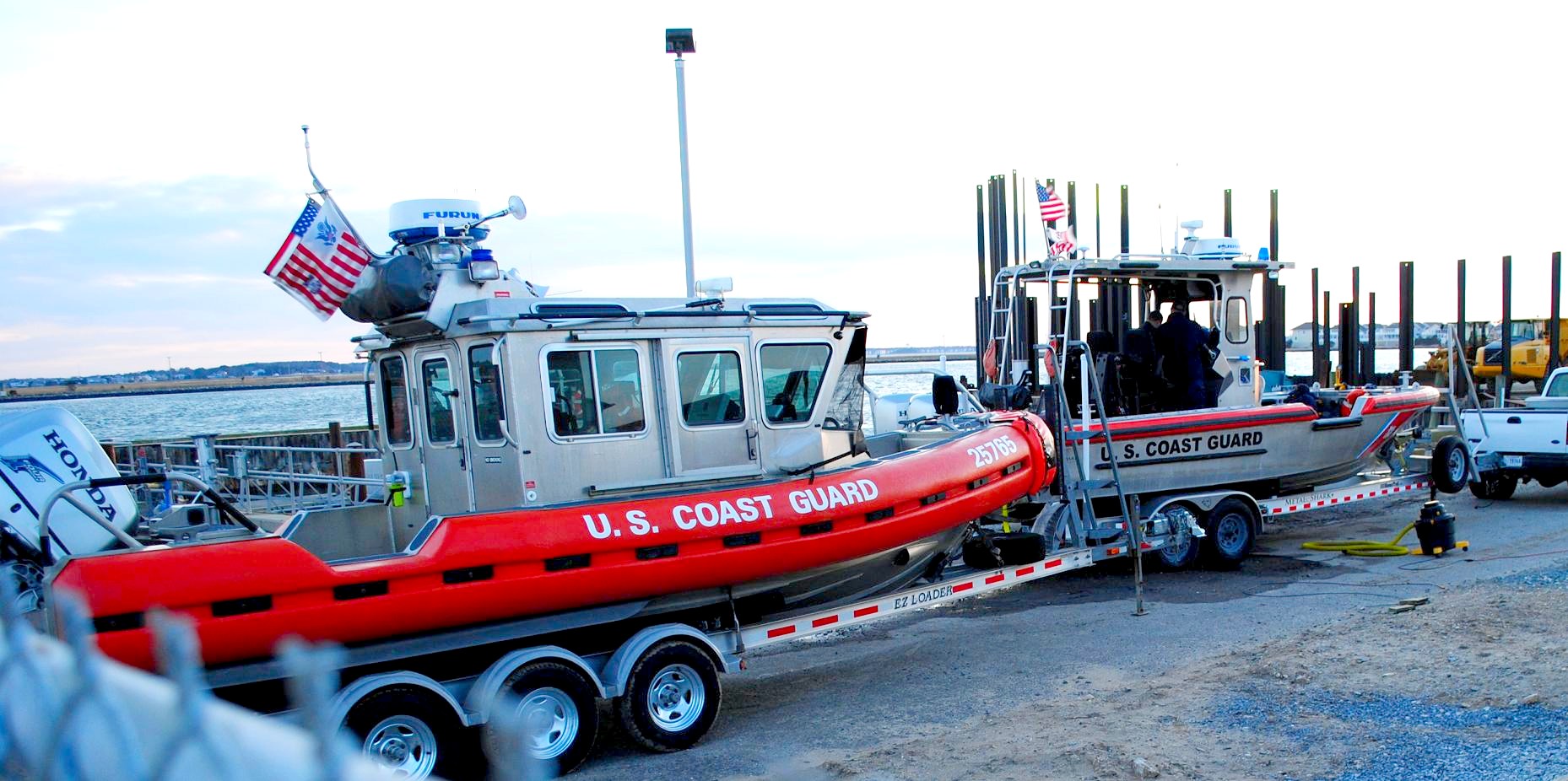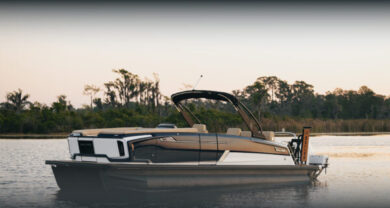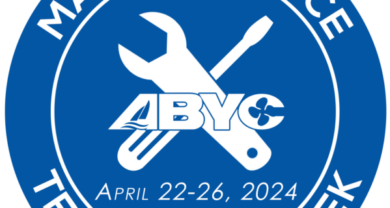Sea Tow, C-PORT spearhead 911 emergency response changes in Coast Guard reauthorization

With the passage and subsequent presidential signing of the 2018 Frank Lobiondo Coast Guard Authorization Act last month, the U.S. Coast Guard will now seek to develop a clear and effective procedure on how emergency maritime distress calls are dispatched to authorities, which could result in a quicker, more efficient response and countless saved lives across the country.
According to the legislation – which was signed into law by President Trump on Dec. 4 – the Coast Guard will review its policies and procedures for 911 call centers and search-and-rescue coordination with state and local law enforcement entities in order to further minimize the possibility of maritime 911 calls being improperly routed, ensuring the Coast Guard is able to effectively carry out maritime search and rescue missions across the country.
With the rise of cell phones over the past two decades, an increasing number of boaters are utilizing 911 calls in lieu of the traditional VHF calls in emergency situations. Because of this, many distress calls are going to local authorities rather than the Coast Guard and not getting properly handled under the Maritime Search and Rescue System.
“There has never been an effective and uniform procedure in place for the handling of maritime 911 calls, nor has there been a standard operating procedure on how local authorities are to report them to their local Coast Guard units,” said Sea Tow CEO Joseph Frohnhoefer, who has been working for years on solving the issue.
“In the past, most of these calls were answered by the Coast Guard, but with increased cell phone use and grant funding in the years following 9/11, there are now more local government boats on the water,” Frohnhoefer continued. “This has led to inefficiencies and lack of communication in the handling of distress calls and, in some cases, even deaths because local authorities are often not immediately escalating distress calls to the Coast Guard, who are then unable to issue an Urgent Marine Information Broadcast to other boats who may be able to help in search and rescue efforts”
Frohnhoefer first approached his local representative – Rep. Lee Zeldin (R-N.Y.) – to discuss a potential solution. Rep. Zeldin and his Legislative Director, Kevin Dowling, worked to seek a solution to the problem without taking the issue to all of Congress. To help garner more support for the issue, Frohnhoefer realized it would take more than one man approaching a single representative to gain the traction necessary to get a solution.
That’s when Frohnhoefer approached his colleagues at C-PORT. At that point, Frohnhoefer, along with several of C-PORT’s members, began to make a push to a number of congresspersons.
“From there, we drove home support through three years of attendance at the National Marine Manufacturers Association’s American Boating Congress,” Frohnhoefer said. “We were meeting with any representative or senator that would listen. Luckily, that ended up being most of them as they all agreed that a solution was a no-brainer once they became aware of the issue.”
These efforts helped earn Frohnhoefer the C-PORT Advocacy Award at the organization’s annual meeting in late November. There, he was recognized for his “persistence in advocating for federal preemption in the handling of 911 dispatch calls.
“Through his determination,” C-PORT noted in its quarterly newsletter, “language to ‘further minimize the possibility of maritime 911 calls being improperly routed’ was included in the House version of the CG Authorization Act.”
When a ground level organic approach would not work, Frohnhoefer went back to Rep. Zeldin and said it is time to include a solution in the U.S. Coast Guard Reauthorization Act. Rep. Zeldin worked to include a solution in the language of S. 140 – more commonly known as the Frank Libiondo Coast Guard Authorization Act. Rep. Joe Courtney (D-Conn.) – whose district is just across the Long Island Sound from Rep. Courtney’s – was also a major supporter of including the proposed solution within the legislation.
“It may be a small section in a large bill covering all sorts of topics, but this is a huge win for boaters and one that could help save countless lives,” Frohnhoefer added. “Hopefully, this is the first step of many to ensure a cohesive plan of action is in place to make sure every marine emergency call to 911 gets handled under the United States Coast Guard Search and Rescue System. The effects this legislation could have will be huge in streamlining the 911 call system across the country.”




